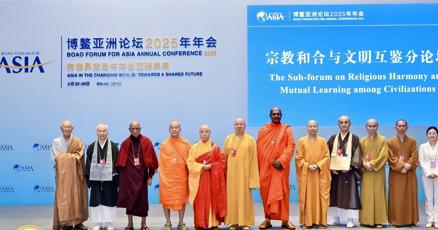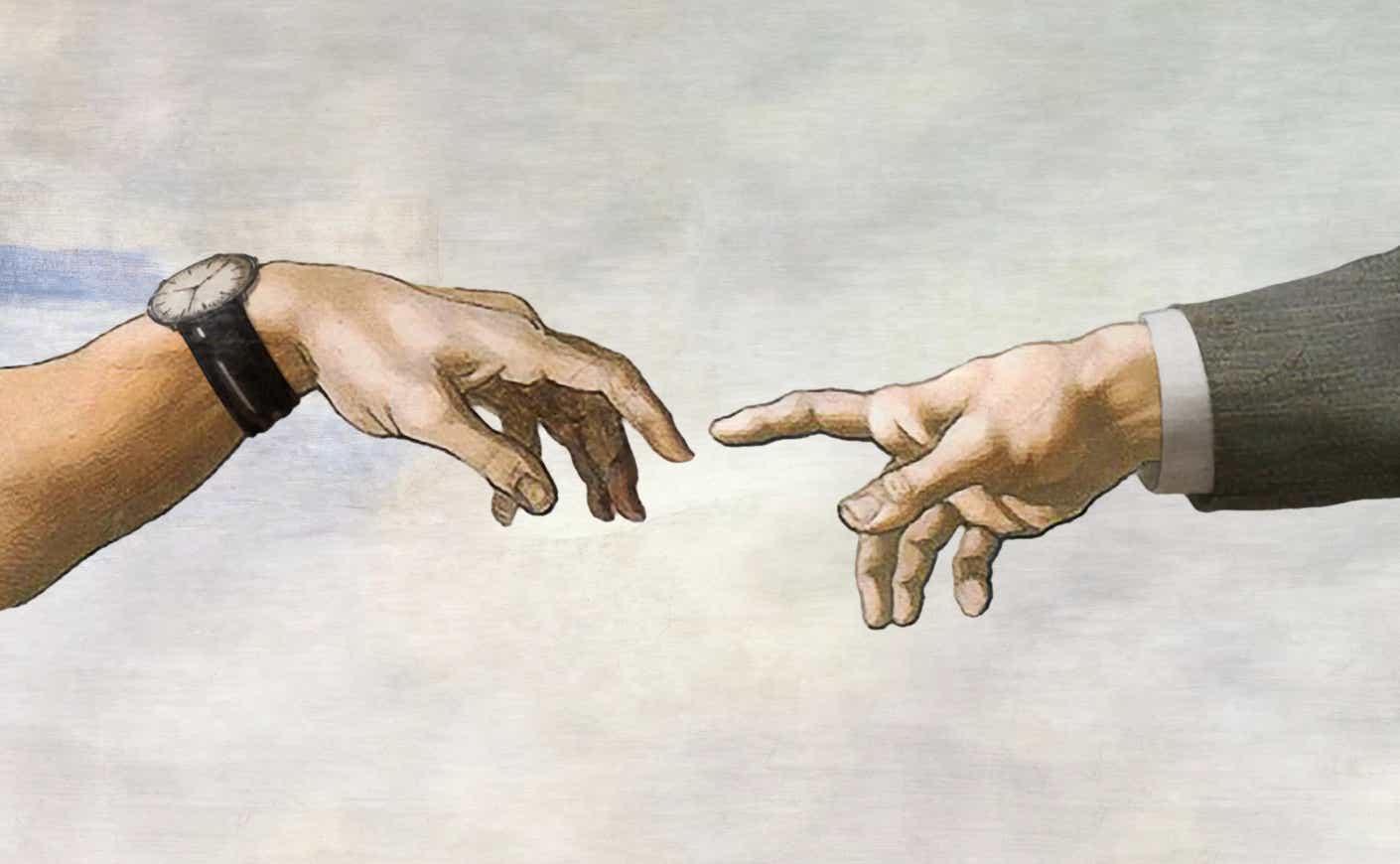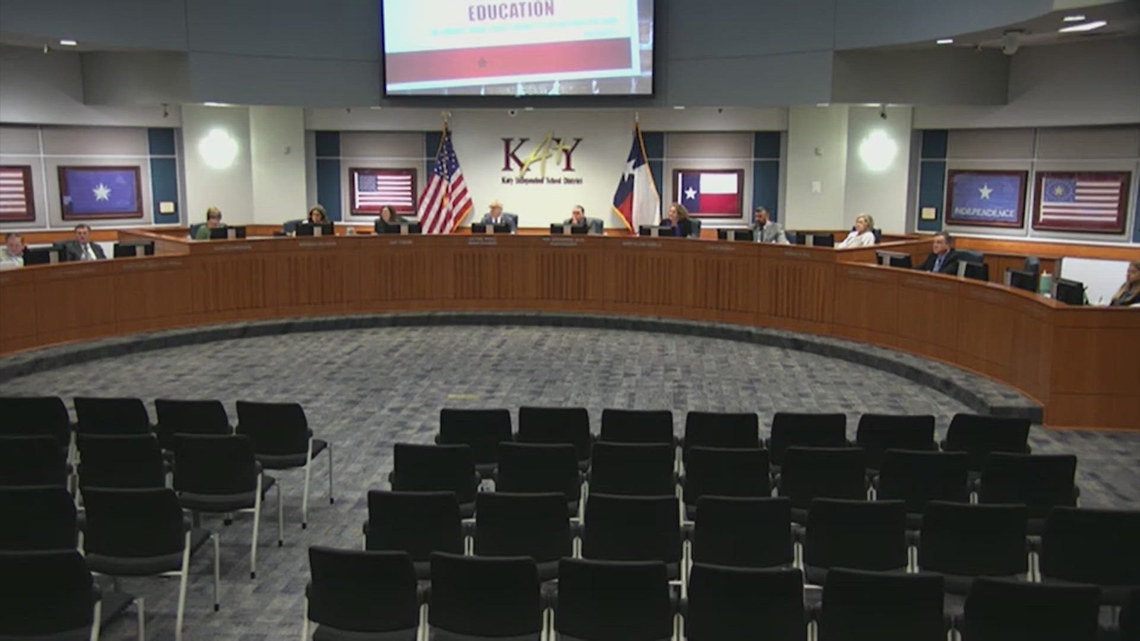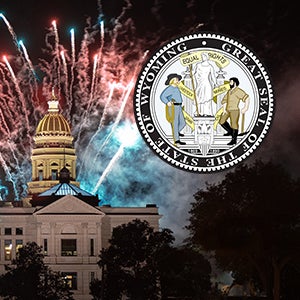Digital Enlightenment: BFA Unveils Groundbreaking Global Buddhist Scripture Digitization Project
Religion
2025-03-30 12:10:00Content

In a powerful demonstration of global dialogue and understanding, the Sub-forum on Religious Harmony and Mutual Learning Among Civilizations convened on March 28 during the prestigious BFA Annual Conference 2025. Held in the picturesque city of Qionghai, China, the event brought together thought leaders, religious scholars, and diplomats to explore pathways of intercultural respect and cooperation.
The forum served as a critical platform for discussing the vital importance of religious tolerance and cross-cultural understanding in today's increasingly interconnected world. Participants engaged in meaningful discussions about bridging cultural divides and promoting mutual respect among diverse religious traditions.
By fostering open dialogue and emphasizing shared human values, the sub-forum highlighted the potential for peaceful coexistence and collaborative learning across different civilizations. The event underscored the BFA's commitment to promoting global understanding and harmony in an era of complex international relations.
Global Dialogue: Bridging Religious Understanding in the Modern Era
In an increasingly interconnected world, the pursuit of religious harmony has become more critical than ever. As global tensions continue to challenge intercultural relationships, innovative platforms for dialogue and mutual understanding are emerging as beacons of hope and progress.Uniting Civilizations Through Respectful Conversation
The Significance of Interfaith Dialogue
Religious diversity represents a complex tapestry of human experience, reflecting centuries of cultural evolution and philosophical thought. The contemporary global landscape demands nuanced approaches to understanding different belief systems, moving beyond superficial differences to recognize fundamental human connections. Scholars, diplomats, and thought leaders increasingly recognize that meaningful dialogue can transform potential conflicts into opportunities for collaborative understanding. Intercultural communication requires profound empathy, active listening, and a genuine commitment to respecting alternative perspectives. By creating safe spaces for open discussion, institutions can facilitate transformative conversations that challenge preconceived notions and build bridges between seemingly disparate communities.Mechanisms of Cultural Exchange
Contemporary platforms for religious dialogue leverage advanced technological infrastructure and diplomatic networks to create unprecedented opportunities for cross-cultural engagement. International conferences, digital symposiums, and academic exchanges serve as critical mechanisms for promoting mutual comprehension and challenging entrenched stereotypes. These interactions are not merely academic exercises but represent strategic interventions in global peacebuilding. By encouraging participants to explore shared values and common humanitarian principles, such forums demonstrate the potential for collaborative problem-solving across cultural boundaries.Challenges and Opportunities in Modern Interfaith Engagement
Despite significant progress, interfaith dialogue confronts numerous systemic challenges. Geopolitical tensions, historical conflicts, and deeply ingrained cultural biases continue to impede meaningful communication. However, emerging generations of global citizens demonstrate increasing openness to nuanced, empathetic approaches to understanding religious diversity. Educational institutions, diplomatic corps, and international organizations play pivotal roles in developing frameworks that facilitate constructive dialogue. By promoting critical thinking, cultural sensitivity, and collaborative learning, these entities can help dismantle barriers and create more inclusive global narratives.Technological Innovation and Cultural Understanding
Digital platforms have revolutionized how different religious communities interact and understand one another. Advanced communication technologies enable real-time translations, virtual conferences, and unprecedented access to diverse perspectives. These technological innovations transcend traditional geographical and cultural limitations, creating new possibilities for genuine cross-cultural engagement. Artificial intelligence and machine learning algorithms are increasingly being deployed to analyze communication patterns, identify potential areas of misunderstanding, and develop more effective strategies for interfaith dialogue. Such technological interventions represent a promising frontier in promoting global religious harmony.Future Trajectories of Religious Diplomacy
The landscape of religious interaction continues to evolve rapidly. Emerging diplomatic strategies emphasize collaborative problem-solving, mutual respect, and recognition of shared human experiences. Future approaches will likely prioritize holistic understanding over narrow ideological perspectives, recognizing the complex, interconnected nature of contemporary global society. International institutions must continue investing in robust dialogue mechanisms, supporting research, and developing innovative platforms that facilitate meaningful cross-cultural communication. By championing empathy, intellectual curiosity, and genuine respect, we can collectively work towards a more harmonious global future.RELATED NEWS
Religion

Religious Liberty Under Siege: Why America Must Keep Fighting for Global Faith Freedom
2025-03-27 15:11:39






